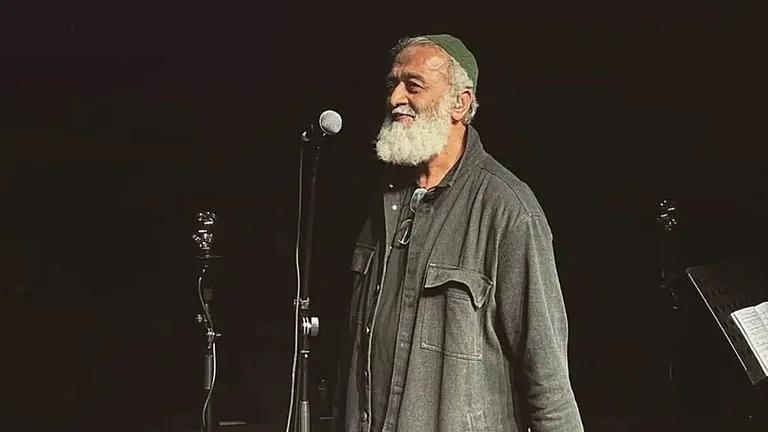The IAS officer (who, incidentally, also has a degree in medicine) analyses the way he’s been shuffled around like a card in a pack. "I enjoy it. It’s part of my job," he says. A few days ago a colleague called to remind him that he had completed nine months in Munger. If the past and the laws of probability have any say, then it’s probably time for him to pack up. Fortunately, he is a light traveller. And his family doesn’t travel with him. The wife, also a doctor, and two little children live 175 km away, in Patna. There are times when he misses his family and at certain other moments there are regrets that he quit the medical profession. At least there he wouldn’t be facing so many transfers, and that too at the whims of those who have taken the hypocrite’s oath.
In the course of the last decade in Bihar, transferring bureaucrats on the basis of their ‘caste quality’ has become the norm. It has, in some senses, even become institutionalised. Goswami himself was once transferred the same day he took over. When he reached Madhubani to take charge, people had lined up on both sides of the sidewalk near the district magistrate’s residence to welcome him, and the campus was full of subordinates and local politicians. After an hour, when he stepped out sullen-faced, the campus was empty. The officials, the politicians, the people, they had all vanished because news had got around that the new DM wasn’t ‘eligible’ to take over. Goswami had gone inside to assume charge from outgoing DM Nidhi Khare, when she told him to speak to a certain official in Patna. What transpired between the two on phone is not in the public domain but it is widely believed that the top official quizzed Goswami on his caste. When he disclosed his Brahmin background, it certainly was not music to the official’s ears. Goswami was asked to rush back to Patna where another notification for his posting awaited him.
But despite the 11 transfers in 11 years, Goswami still doesn’t think too much of it. "Being a government servant, I am bound to follow orders because this is a part of my service and career," he argues. In July 1999, he got the prestigious posting of district magistrate of Patna only to be shifted to Vaishali in the same capacity in March next year. Goswami held the post of director, social welfare, for about one year, a posting he liked the most and had wished to stay in for some more time. But then he was posted to Munger last November.
Strolling among the rows of tall trees near his quarters, the ever-smiling Goswami fondly recalls his days at the social welfare department. He had worked on several welfare schemes, and had even presented a paper on disability and trained participants at orientation programmes for legislators in Jharkhand and Orissa. In his capacity as director, he also served as state commissioner for disabilities. He was instrumental in a family empowerment programme in collaboration with UNICEF. The World Alliance for Breastfeeding Action (WABA) invited him, the only bureaucrat from India, to attend its convention in Tanzania. However, red tape kicked in and he was not granted official permission even as visa and tickets were ready.
Another posting Goswami feels proud of is Patna. As DM there, he conducted the Lok Sabha elections successfully in 1999—a big challenge since three previous elections in the constituency (in 1991, 1995 and 1998) had been partially or fully countermanded by the Election Commission. The same year he was conferred the Bharat Gaurav award for exemplary work.
So, does he really regret quitting the medical line and joining the civil service? "After 11 years of service, I have to say that I regret my decision," he confesses, recalling that he did his MD in cardiology. His specific work-area topic was ‘Comparative analysis of various anti-arrhythmic agents in ventricular arrhythmia’. He had got distinctions in eight subjects and had been awarded three gold medals. "With a wider horizon for service to humanity, I had decided on the civil service," he asserts. Incidentally, he’s also been awarded a certificate from the Academy of Medical Sciences, a diploma in hospital administration and a doctor of the millennium award. "I read the medical journals regularly and I’m a life member of the IMA," he adds. He also loves to advise patients who seek his medical opinion. Goswami’s ancestral roots lie in Bengal, but his forefathers settled in Madhupur and Rohtas in Bihar. Away from his wife and children, he’s still happy with his lot, although it’s a struggle sometimes. "From every failure and mistake, I learn a thing or two," he smiles.


























